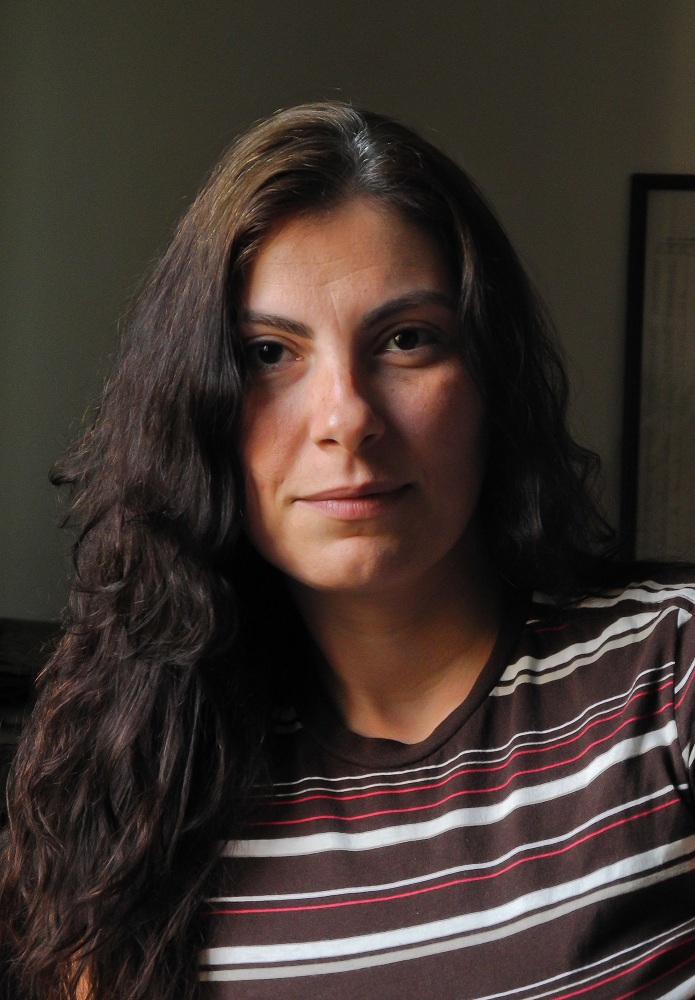
Egyptian media coverage has become a seedy little drama, with false news, misquotes and rumours taking the place of factual news and accurate reporting. A sordid story in one newspaper becoming scandalous news in another, and a corrupt comedy in the next, all based on one floating tweet with no basis whatsoever.
What do Egyptians want to hear? That the economy is bad, the traffic is horrible, security is in deep trouble, infrastructure is completely failing, the Government is doing a lousy job, corruption still rules, Islamists are pulling us back to the old ages? Well, one doesn’t need the media to tell him that, it is enough to take a walk down the street to see that we have inherited an assembly of atrocities.
But they still lend their brains to the media, sharing every bit of sinister rumour with the audacity to call itself “news”; from Shafiq’s whereabouts, to Mubarak’s wealth, to the plans for “Talibanising” Egypt. It is a violation of every principle of respectable media, and the horrors that follow such false news are enough to criminalise its mere existence.
Consider this despicable piece of so-called news: Salafis demand the implementation of “had el heraba” (amputation) against journalists who criticise Islamists. Hoax! Some crazy man with a big beard said so in some underground tiny zawya (small prayer area) was turned into a spokesperson for millions of Salafis across Egypt because a so-called reporter decided to make him such.
And another example: Prime Minister Hesham Qandil is a member of the infamous National Democratic Party’s Policies Committee, and the proof is some poorly made-up digital copy of the committee’s membership list. Hoax! The man was never affiliated with the NDP, let alone its most influential and hated Policies Committee.
Regardless of whether we consider Qandil competent to hold office as Prime Minister in these dire times or not, and regardless of whether we like Salafis or not…these pieces of “news” are untrue. Imagine the amount of fear and rage such rumours caused, the amount of frustration and anger that befell Egypt, its revolutionaries, and its average citizens. Though these rumours were all over the place, the denial of such rumours did not make headlines, did not go viral on social networks and no one bothered to tell their friends. Why? Because we just don’t like the choice of this man as our PM and we sure as hell do not like big beards!
The question has remained since the 18 days of revolution, who is behind the rumours? It would be naïve to point the finger at one source. We can consider each and every conspiracy theory and realise that they can all be valid, yet one truth seems to outshine them all. The revolution has meddled with the primal forces of this country. The revolution has not just annoyed some businessmen, it has messed with an entire interwoven and immense cartel of businesses that would do just about anything to go back to the way things were…right in the palm of their hands.
The number of hoaxes we discover each day, the number of stories that get killed because there is no evidence they actually happened, is beyond a regular reader’s imagination and cannot be plain coincidence. This might have been avoided or at least limited if our government and organisations gave enough respect to transparency. If only their spokespeople would answer their phones or accept interviews. If only they would make use of the media. But no, they stay in their little bubbles, respond only to their superiors and issue a press release once in a blue moon.
Real news is being suppressed and unannounced, while campaigning and marketing for one camp or another takes its place. While journalistic ethics insist that a reporter must be accurate and factual, in today’s Egypt, this is almost impossible because the spokespeople do not speak. Their answer to this accusation is usually something along the lines of how they are being misquoted, but Sir, if you talked to enough reporters and media professionals, misquotation would not be possible. If you said the same thing on every occasion, on every newspaper page, and in every TV show, no one would be able to alter your words. But alas, we are talking to brick walls.
Our fight now is to change this culture of darkness, fear and mistrust. To continue on the path of finding the truth, confirming the stand of respectable reporting, and the ethics we hold dear. “Journalism can never be silent: that is its greatest virtue and its greatest fault. It must speak, and speak immediately, while the echoes of wonder, the claims of triumph and the signs of horror are still in the air,” as Mr Henry Anatole Grunwald of Time magazine so eloquently put it.
